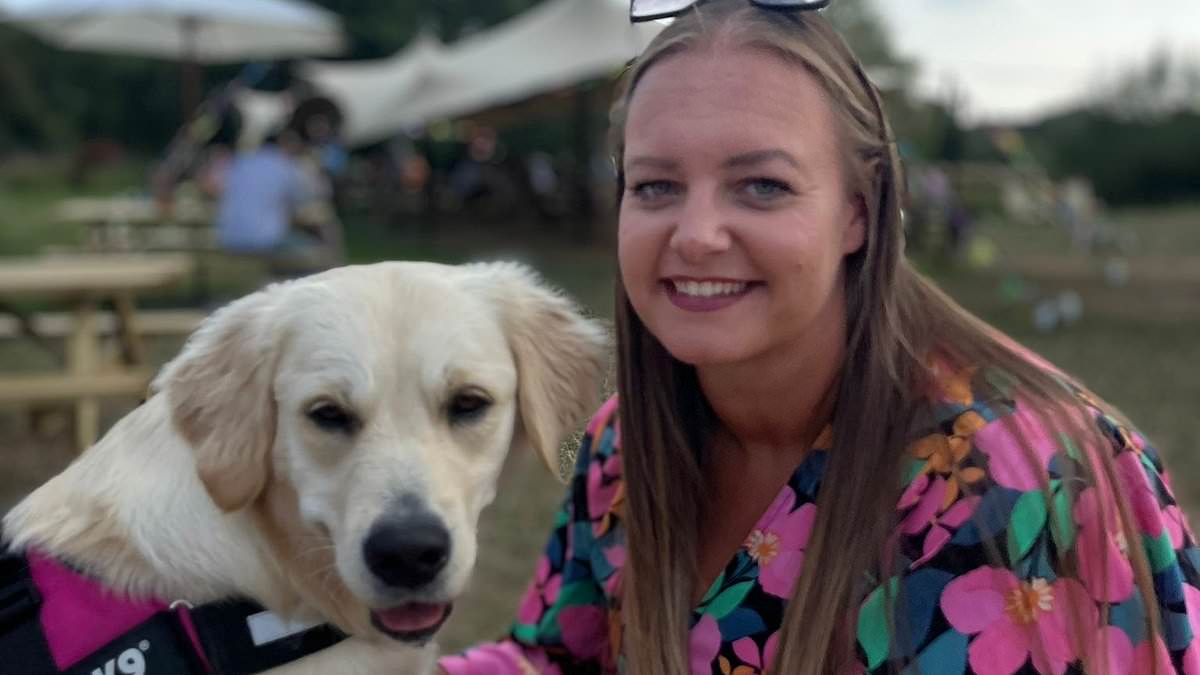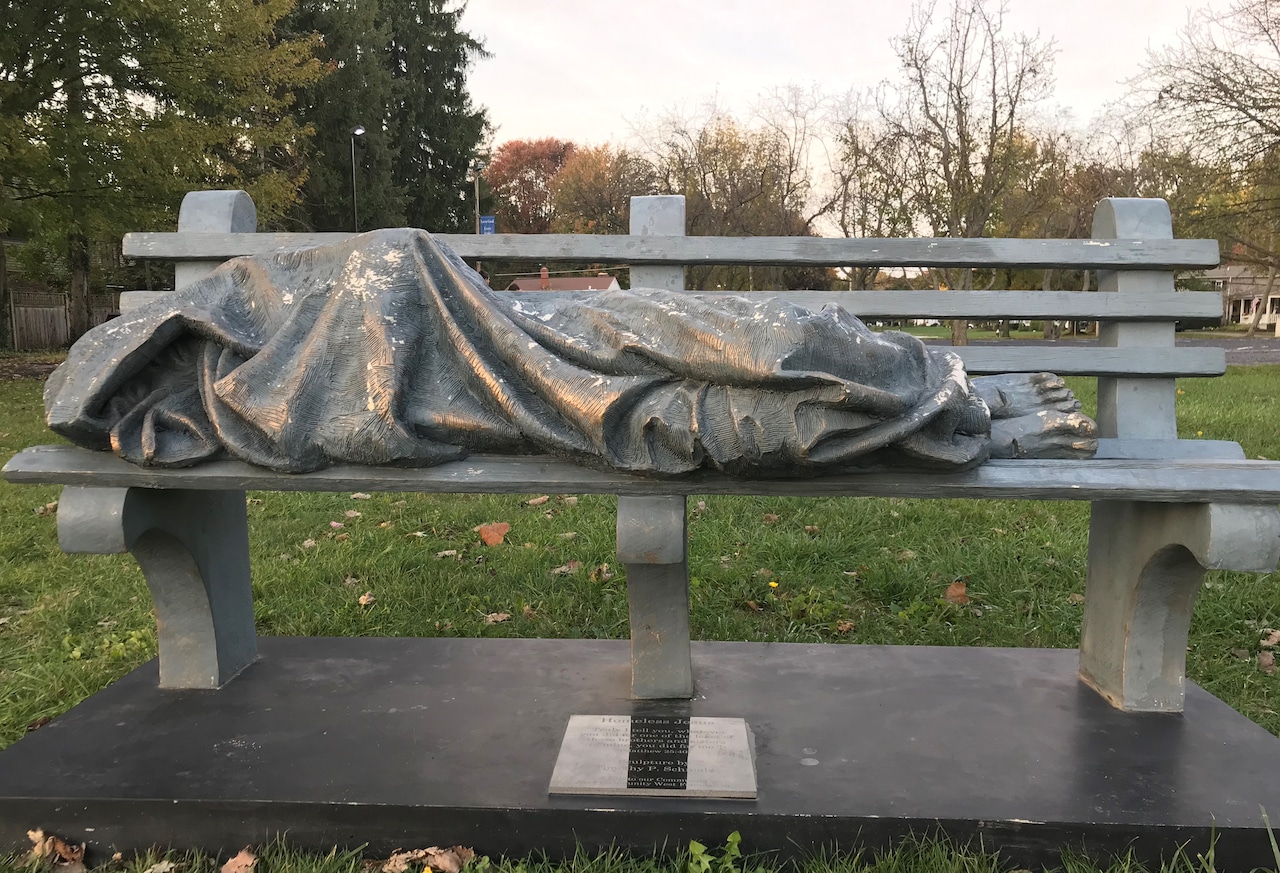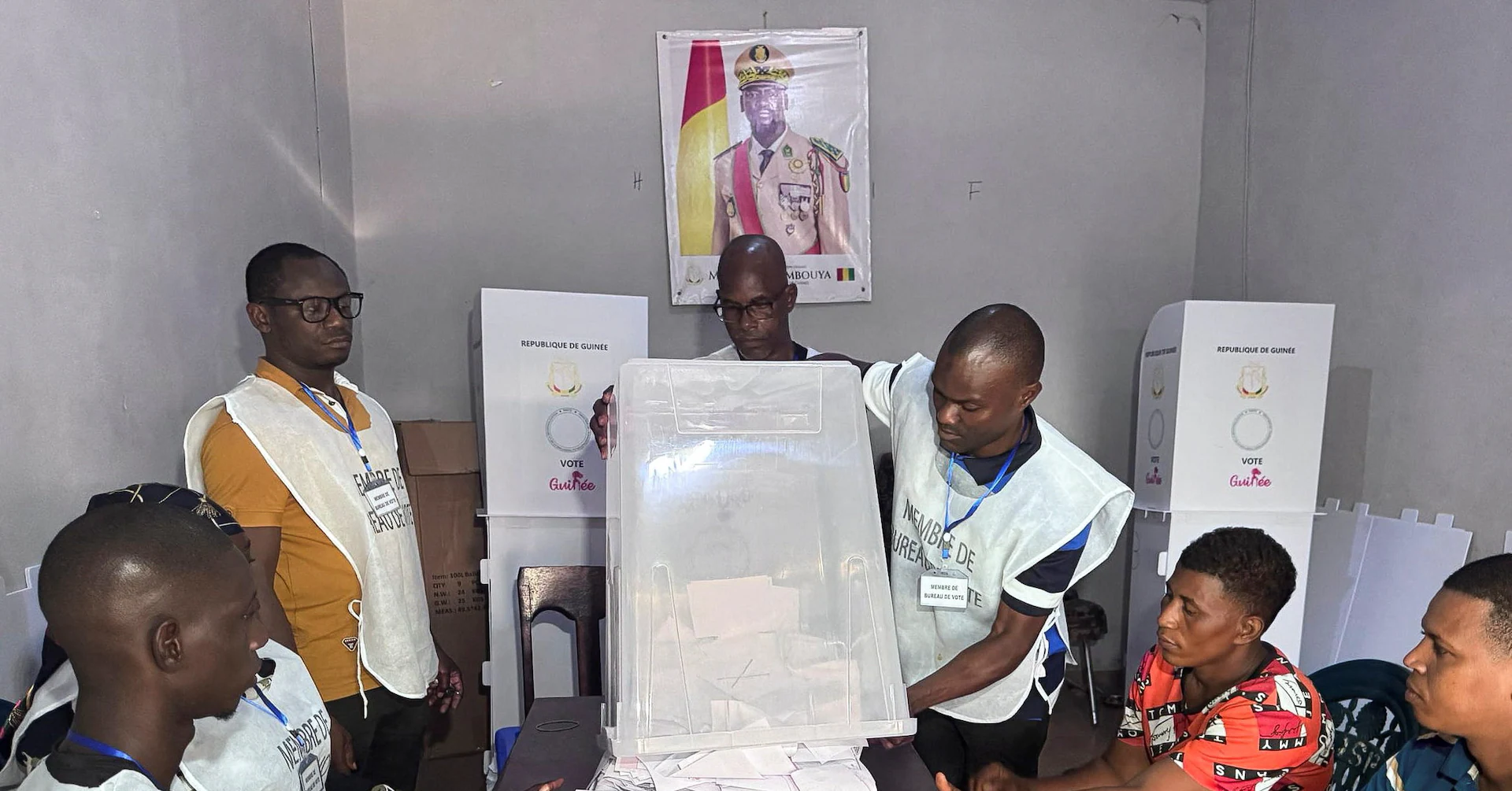
Black women in America are three times more likely to die from pregnancy-related causes than white women, a crisis Illinois leaders and advocates say can no longer be ignored.
Addressing the issue, “Morning Joe” co-host and Know Your Value founder Mika Brzezinski hosted a conversation earlier this week with Gov. J.B. Pritzker, Lt. Gov. Julianna Stratton, Chicago Beyond founder Liz Dozier, actress and advocate Tatyana Ali and other community leaders to explore the problem and highlight actionable solutions.
“One of the most urgent challenges we face in a sea of urgent challenges is the challenge to ensure that women across this country have safe, fair, and equitable maternal health care,” said Brzezinski at the event, which took place at Chicago Beyond’s headquarters. “Each year in the United States, hundreds of women die during pregnancy, childbirth or during their postpartum year. Thousands experience unexpected complications during labor and delivery. And here’s the thing: more than 80 percent of the deaths that we are seeing are preventable.”
Pritzker, who signed Illinois’ Birth Equity Act into law in 2024, called the statistics “appalling” and urged national attention. “It isn’t right that Black women are forced to weigh their own mortality or their future health against having a child and raising a family,” he said.
The Birth Equity Act requires insurance to cover doulas and midwives, extends postpartum Medicaid coverage to 12 months, and mandates hospital reporting of maternal outcomes by race. On Monday, Pritzker unveiled a new statewide blueprint for maternal health, describing it as “a road map for unlocking an improved future for Illinois mothers and families.”
Stratton said the legislation was born from conversations with women, doulas, and midwives. “The wisdom is in the room, and so the solutions are always going to be found from our communities,” she said. She stressed that maternal health is connected to broader issues such as housing, childcare, and access to healthy food. “It is not just a health care system issue. It is an issue that is tied to so many other ways that we have to find solutions.”
Dozier, who leads Chicago Beyond, said the U.S. lags far behind other countries in protecting mothers. “As a Black woman, if you compare our stats here in the U.S. compared to what’s happening in Ukraine — a country at war — their outcomes are better than what is happening here in the United States,” Dozier said. “…We know the solutions. It’s a matter of investing in the solutions.”
Chicago Beyond has made maternal health a central focus of its philanthropic work, funding community-based programs and initiatives that directly support Black mothers. The organization has invested in birth centers, including the South Side Birth Center in Chicago, and provided resources for doulas, midwives, and culturally-sensitive care
Ali shared her personal experience of what she described as obstetric violence. “I was held down, both my arms and my legs. I had a doctor climb up onto the bed and squeeze my belly. My son went from being crowned to being pushed back inside me. I convulsed and passed out, and the next thing I remember when I woke up was his voice,” she said.
She said the trauma shaped her advocacy. “My work has just been to amplify [community leaders’] work because the solutions exist,” Ali said. “Give the people the investments they need to do the work that they know they have to do. The answers are there.”
Ali also highlighted how her personal experience inspired creative solutions to support other mothers. For example, she started Baby Yams, a line of handmade baby blankets, with proceeds supporting community-based maternal health programs and initiatives that uplift Black mothers.
As the event wrapped up, Brzezinski asked Ali to share he advice for Black women navigating pregnancy today.
Ali urged women to trust their instincts and demand respect in care settings. “This is not the time in your life where you can kind of brush off microaggressions. You know, this is not a trip to the grocery store or somebody kind of following you or eyeing you funny at the mall. No — any hint of that, you leave that office,” Ali said. “Your questions should be answered. They should be taken seriously and not made light of.”



